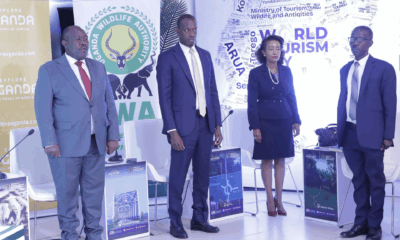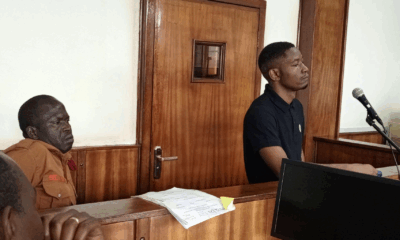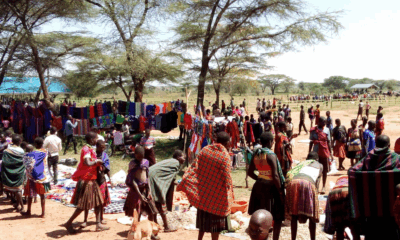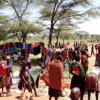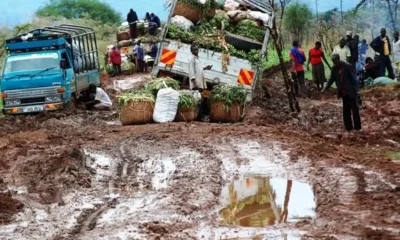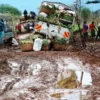Opinions
Journalism, a crime in Gaza?
As the world witnesses the horrors unfolding in Gaza, a related tragedy continues with chilling regularity: the systematic targeting and killing of journalists. Just as the Gaza journalistic community thought matters could not get any worse, Benjamin Netanyahu’s brutal occupying forces carried out yet another cold-blooded murder on Sunday, this time of the Al Jazeera journalists Anas al-Sharif and Mohammed Qraiqea, along with videographers Ibrahim Thaher, Mohammed Nofal and their colleagues. They were sheltering in a media tent near al-Shifa hospital and were killed by a direct strike.
The Israeli war machine, accelerating its stated goal of occupying Gaza, showed no restraint in targeting journalists, in violation of international conventions. So far in this war, it has killed 238 of us. The war in Gaza has become the deadliest conflict for journalists and media workers in living memory, with 2024 recording the highest number of journalists killed, the vast majority at the hands of Israeli forces. The systematic targeting and elimination of journalists is not merely a local or regional tragedy; it is a catastrophic breach of international norms regarding the protection of journalists in conflict zones, signalling a global collapse of the moral responsibility in safeguarding those who risk everything to shed light on the realities of war.
Gaza is not the only place where journalists are under siege. Threats, intimidation and murderous violence against journalists are on the rise. However, what differentiates Israeli crimes is the impunity with which the occupation forces murder journalists and the indifference shown by leaders of the so-called free world. What is especially shocking is when some media organisations repeat the Israeli regime’s false allegations against targeted journalists without verification.
By any measure, it is the most dangerous time to be a journalist in recent history. Reporters are threatened, harassed and killed merely for fulfilling their public duty of bearing witness and reporting the truth. Worldwide, the dangers faced by journalists in conflict zones have intensified. In 2023, a journalist or media worker was killed, on average, every four days. In 2024, this grim statistic worsened to once every three days, most of those by Israeli forces. The journalists in Gaza are not parachuted-in international correspondents but local journalists – those who know the land, the people and the stories best. These journalists are not just reporting on Gaza’s tragedy; they are living it.
This surge in violence against journalists is neither accidental nor isolated. It is part of a broader, deeply worrying trend: the systematic silencing of the media, often orchestrated by autocrats and regimes who seek to conceal their crimes in darkness. This should horrify us all. It is an assault not only on individual reporters but on the entire global public’s right to know, to understand the depth of human suffering, and to hold the powerful to account.
Beyond the killings of more than 230 journalists, Israel now employs starvation as a tool, with journalists pushed to the brink, collapsing from hunger while reporting. At Al Jazeera, we have lost colleagues and their family members in Gaza, with the latest killing of Anas al-Sharif and his colleagues bringing the total number of the network’s journalists killed to nine. Our colleagues have been forced to report not just on the atrocities happening to civilians, but on the direct attacks against those whose only weapon is a microphone or a camera.
Despite this, we insist on continuing in our professional duty. We remain committed to reporting unfolding genocide, despite Israeli efforts to blind us and the world. We will tirelessly work to strengthen the teams and to remain faithful to our global audience, who have a right to be informed. But this requires international solidarity, and the exertion of full pressure on Israel to stop targeting and killing journalists and to allow international media access and freedom of operation in the Gaza Strip.
The international community must act, urgently and decisively, to safeguard journalists and to protect those who risk everything to inform the world about the continuing humanitarian catastrophe and genocide in Gaza. Journalists must be allowed to perform their duties without fear of violence. Anything less is a betrayal of the most fundamental principles of free expression.
We owe it to the courageous journalists in Gaza to amplify their voices. Their work is not merely documentation; it is the first draft of history, whereby future historians will study the horrors of the 21st century’s most televised genocide. Access to reliable information about wars and conflicts is not a luxury; it is essential for the wellbeing of global populations, the protection of human rights and the global effort to hold perpetrators of war crimes accountable. When journalists are silenced, we all become more vulnerable to disinformation, propaganda and the unchecked abuse of power.
We are at a crossroads. If the world continues to tolerate the murder, starvation and persecution of journalists, it is not only journalism that will suffer, but also accountability, democracy and the possibility of a more just future. The international legal framework for the protection of journalists in war must be urgently strengthened and enforced, and governments must be held to account for violations.
The international journalistic community, and indeed the world, bears an immense responsibility. The courage, commitment and sacrifice of journalists in Gaza demand nothing less than our full support and unrelenting advocacy. Our inaction will be recorded by history as a monumental failure to protect those who stood at the frontlines of truth.
The author, Asef Hamidi, is the director of news, Al Jazeera Channel
Comments




